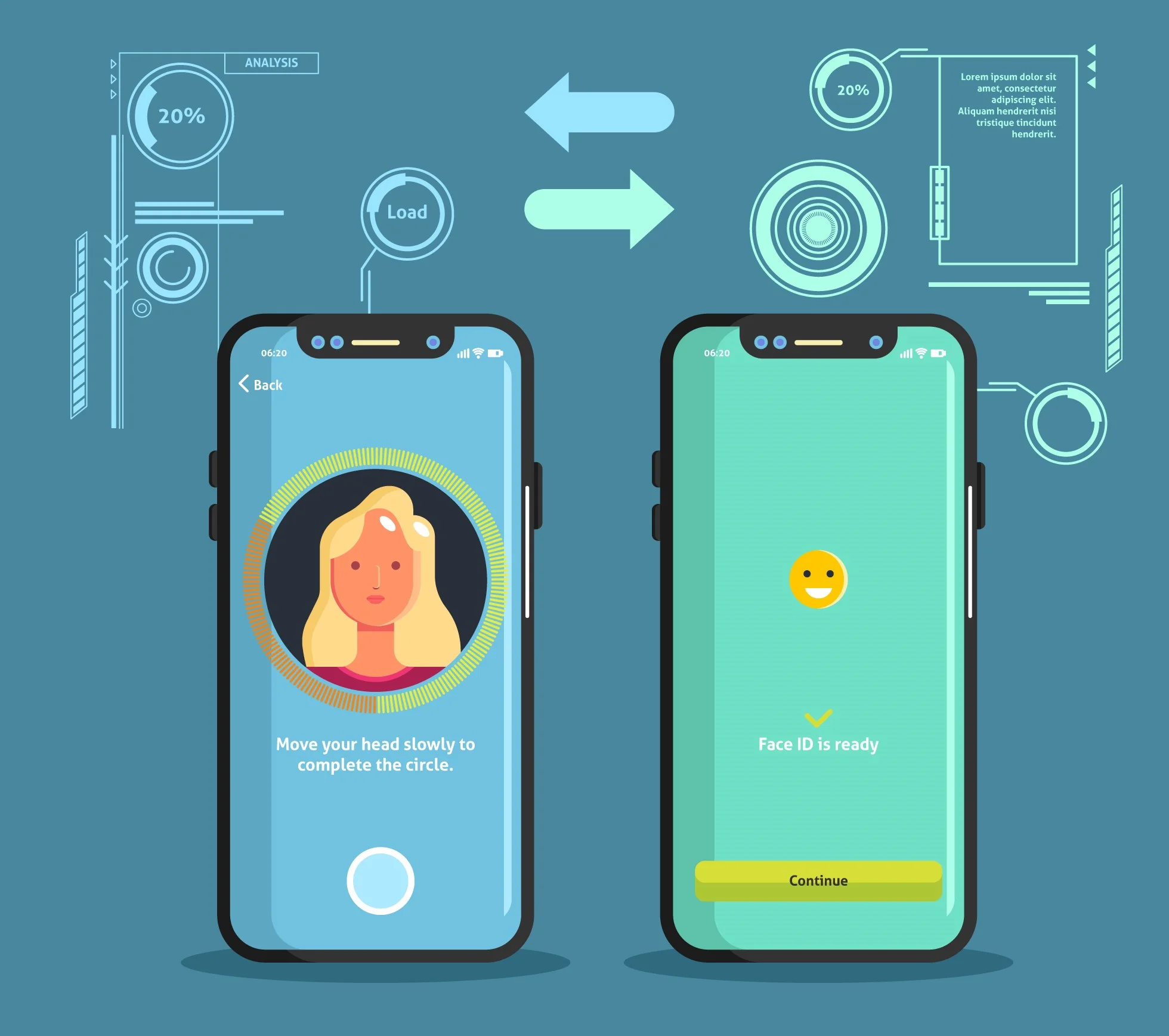First Timer’s Guide to Agile Mobile Development: Exploring the different phases of mobile app development
Learn moreSwipe to Check More

Whether you want to develop an Android or an iOS application, both need a lot of work, patience, and dedication. Creating applications is one of the growing patterns of digital ers. If you wish to create an application, it is important to choose a platform based on the types of applications you are creating, your budget, and the target audience of your application.
In contrast to conventional methods of business growth, companies are increasingly turning to mobile apps as a crucial strategy. Recent research reveals that both the Google Play Store and Apple Play Store boast an impressive number of available apps, with approximately 3.5 million and 2.25 million apps, respectively. As a result, many businesses recognize the significance of creating a strong mobile app to maintain competitiveness in the market. However, when faced with the task of app development, business owners often grapple with the decision of selecting the most suitable platform between iOS and Android. The reason behind this dilemma lies in the unique advantages offered by each platform.
To understand and start differentiating between the two platforms, we have to understand the pros and cons of the platforms.
A type of app development process that holds the largest market in the world. Being an open-source OS, Android benefits from a large community of support. Developers can craft user-friendly apps following Google guidelines. The platforms fragmentation enables smooth multitasking, even with two apps on the screen. Releasing applications on the Google Play Store is more straightforward compared to other platforms.
Android offers an extensive array of APIs, including excellent location-tracking capabilities like GPS. The platform impressively supports various audio, video, and image file formats, such as AVI, MKV, FLV, MPEG4, JPEG, PNG, GIF, BMP, MP3, and more. To enable user-friendly interfaces, Android integrates an open-source webkit layout based on web browsers, facilitating support for HTML5 and CSS3. Additionally, Android provides efficient file and data management options, making it easy to store and handle data effectively.
Apple has consistently been a pioneer in delivering revolutionary experiences to its users, prioritizing unparalleled user satisfaction across both hardware and software realms. iOS app development entails the creation of applications tailored for Apple hardware, such as iPhones, iPads, and iMacs. The development process involves using specific programming languages like Swift and Objective-C, followed by deployment on the app store for user downloads. Compared to Android app development companies, particular iOS app development services tend to be pricier, and they may have more specific requirements while crafting applications. Before commencing the iOS app development journey or writing code, fulfilling certain fundamental requirements is crucial.
However, the mentioned requirements are not the only necessities. Active membership in the Apple Developers Program is indispensable, as it enables developers to publish their applications to the Apple App Store. Only applications signed and published through Xcode are eligible for App Store submission. With these tools and resources in place, developers can delve into the exciting process of creating iOS applications that cater to Apples sophisticated ecosystem, delivering exceptional user experiences that have become synonymous with the brand.
Conclusion
Developing superior iOS applications requires meticulous planning and adherence to Apples strict rules. Though it can be more expensive, iOS app development companies prioritize delivering user-friendly and secure experiences. The development process can be challenging, but the focus is on creating high-quality applications. The time frame for iOS app development typically ranges from 1.5 months to 8 months.
On the other hand, Android app development caters to a vast user base, necessitating foolproof and bug-free applications capable of handling heavy traffic while maintaining security. The time frame for Android app development is similar to iOS, with a minimum of 1.5 months to a maximum of 8 months. However, the cost may vary due to various factors, such as the apps features and complexity.
Both iOS and Android app development require careful attention to deliver exceptional and reliable applications.
When comparing iOS and Android for mobile app development, it is crucial to assess your business goals, the preferences of your target audience, development expenses, and time constraints, while also considering potential obstacles. However, in the current landscape, many businesses are opting for cross-platform app development instead of getting caught up in the iOS vs. Android debate. This approach proves to be a lucrative means of increasing revenue, as it allows for faster and more cost-effective app development. The main advantage of cross-platform development lies in its ability to reduce both time and investment requirements.